Description
Long considered the standard for covering chemistry at a high level, PRINCIPLES OF MODERN CHEMISTRY, 7e continues to set the standard as the most modern, rigorous, and chemically and mathematically accurate book on the market. Thoroughly revised and updated throughout to strengthen its sound “atoms first” approach, this authoritative book now features new content, and new art. In addition, the text is now more reader friendly without compromising its rigor.
End-of-chapter learning aids now focus on only the most important key objectives, equations and concepts, making it easier for readers to locate chapter content, while new applications to a wide range of disciplines, such as biology, chemical engineering, biochemistry, and medicine deepen readers’ understanding of the relevance of chemistry in today’s world.

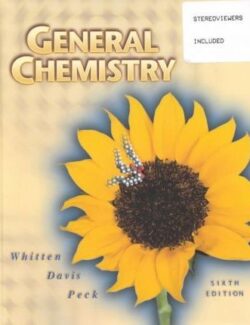


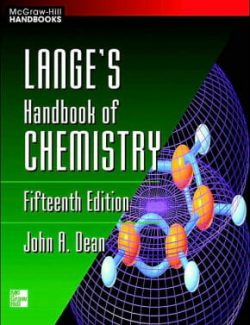

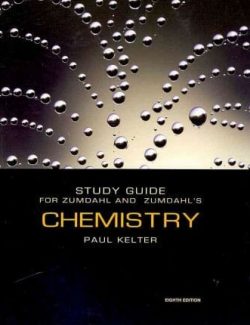

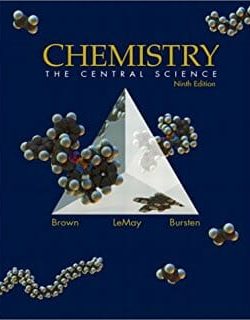

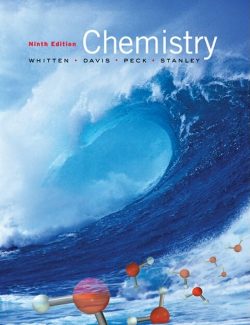


Leave us a comment
No Comments